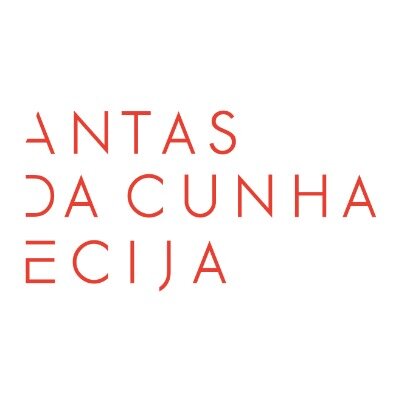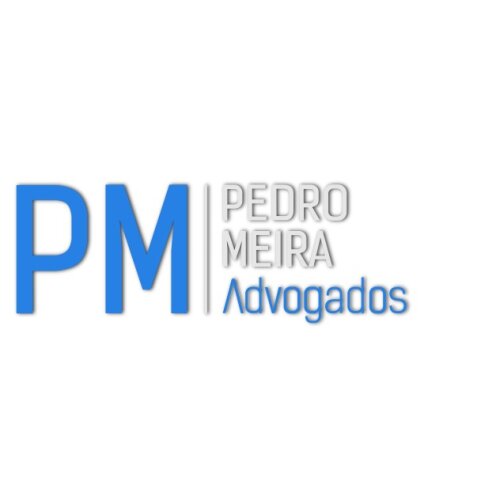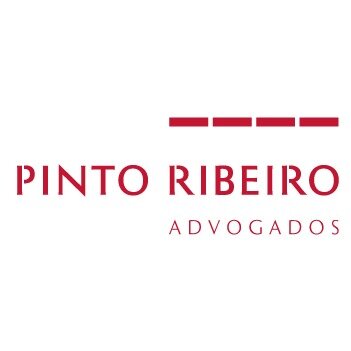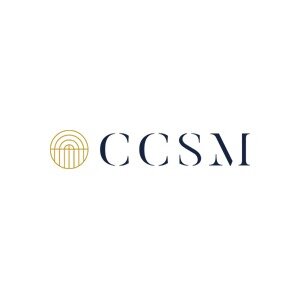Best Mining Law Lawyers in Porto
Share your needs with us, get contacted by law firms.
Free. Takes 2 min.
List of the best lawyers in Porto, Portugal
About Mining Law in Porto, Portugal
Mining Law in Porto, Portugal refers to the set of rules, regulations, and legal standards that govern the extraction and management of mineral resources within the region. These laws cover the procedures for obtaining mining rights, environmental obligations, health and safety standards, and the relationship between mining operators and local communities. Portugal, as a member of the European Union, aligns many aspects of its mining legislation with broader EU directives while also maintaining specific provisions applicable to areas such as Porto. Whether for industrial minerals, metals, or quarrying activities, understanding the legal framework is crucial for all parties involved in mining operations.
Why You May Need a Lawyer
Mining Law can be complex, involving intricate licensing processes, compliance demands, and potential disputes. Here are some common situations where you might need a lawyer:
- Securing exploration or mining licenses - Negotiating land access agreements with property owners - Managing compliance with environmental regulations - Resolving disputes regarding mining boundaries or resource allocation - Handling regulatory enforcement actions or penalties - Drafting and reviewing contracts with contractors or suppliers - Advising on mergers, acquisitions, or partnerships in the mining sector - Navigating health and safety investigations - Addressing community relations and social responsibility matters - Protecting your interests if mining activities impact your property or livelihood
Local Laws Overview
Mining in Porto, and Portugal as a whole, is principally regulated by the Mining Code (Decree-law 30/2021) and its subsequent amendments. The Code covers licensing for both exploration and exploitation of mineral resources, rules for sharing state revenue, and protections for the environment and communities. Some key aspects are:
- All mineral resources are generally considered the property of the state - Rights to explore or exploit minerals require government-granted licenses or concessions - Licenses are issued for specific periods and may be renewable subject to compliance - Applicants must submit detailed environmental and technical impact studies - Strict health and safety standards apply to minimize risks to miners and surrounding populations - There are obligations for environmental restoration once mining activities conclude - Local municipal authorities in Porto have a say in the approval process, especially regarding land use and environmental impact - Mining operations near urban or historical areas such as Porto face additional scrutiny and requirements to ensure minimal disruption to heritage and residents - National and European regulations regarding sustainable practices, resource efficiency, and pollution control also apply
Frequently Asked Questions
What permits are required to start a mining operation in Porto?
To start mining, you generally need an exploration permit followed by an exploitation license, both of which require approval from the relevant government authorities and compliance with strict environmental regulations.
How long does it take to get a mining license?
The timeframe varies depending on the complexity of the project and the completeness of the application but typically ranges from several months to over a year, especially if environmental impact assessments are required.
Can foreign companies engage in mining activities?
Yes, foreign entities can apply for mining rights in Portugal, provided they comply with local laws and obtain all necessary permits.
What are the main environmental obligations for mining companies?
Mining companies must conduct environmental impact studies, obtain approvals, implement mitigation measures, and restore the land after mining activities cease. Monitoring and reporting on environmental performance are mandatory.
Are there restrictions on mining near residential or historical areas?
Yes, stricter regulations and additional impact assessments apply to projects near populated or culturally significant sites, like many locations in Porto. Some areas may be entirely off-limits for mining.
What happens if a mining company does not comply with regulations?
Non-compliance can result in fines, suspension or revocation of licenses, orders to halt operations, and even criminal liability in severe cases.
How are local communities involved in mining projects?
Local authorities and affected communities are consulted during the licensing process, especially when land use or environmental impacts are anticipated. Community interests and concerns can strongly influence project approval.
What taxes and fees apply to mining in Porto?
Mining companies are subject to state royalties based on resource extraction volumes, as well as income taxes and local fees. The exact rates depend on the mineral in question and the terms of the license.
Can individuals claim rights to minerals found on their property?
Mineral rights generally belong to the state, not private landowners. Discovering minerals on private land does not automatically entitle the owner to exploit them without state authorization.
How can disputes about mining rights be resolved?
Disputes may be handled through administrative appeals, negotiation, mediation, or litigation in the courts. Specialized legal support is highly recommended in such cases.
Additional Resources
- Portuguese Directorate General for Energy and Geology (DGEG): The main governmental body overseeing mining activities - Portuguese Environment Agency (APA): In charge of enforcing environmental regulations related to mining - Porto Municipal Council: Involved in local land use and urban planning approvals - Association of Portuguese Mining Industry (ASSIMAGRA): Industry group offering insights and representation - Local legal aid services and professional law firms specializing in mining and natural resources - EU environmental and mining policy documentation for broader regulatory context
Next Steps
If you need legal assistance in Mining Law in Porto, Portugal, consider taking the following steps:
- Gather detailed information about your situation, including any correspondence, permits, or notices received - Research whether your issue relates primarily to licensing, compliance, environmental matters, contractual disputes, or other concerns - Contact a qualified lawyer or law firm with experience in Portuguese Mining Law in Porto - Consider reaching out to government agencies such as the DGEG or APA for official guidance - Prepare questions about your rights and obligations before your consultation - Follow your lawyer’s advice regarding documentation, negotiations, or potential legal proceedings - Stay informed about changes in mining regulations and industry best practices
Taking proactive steps and engaging experienced legal professionals will help ensure your interests are protected and you comply with all relevant laws in the field of Mining Law in Porto.
Lawzana helps you find the best lawyers and law firms in Porto through a curated and pre-screened list of qualified legal professionals. Our platform offers rankings and detailed profiles of attorneys and law firms, allowing you to compare based on practice areas, including Mining Law, experience, and client feedback.
Each profile includes a description of the firm's areas of practice, client reviews, team members and partners, year of establishment, spoken languages, office locations, contact information, social media presence, and any published articles or resources. Most firms on our platform speak English and are experienced in both local and international legal matters.
Get a quote from top-rated law firms in Porto, Portugal — quickly, securely, and without unnecessary hassle.
Disclaimer:
The information provided on this page is for general informational purposes only and does not constitute legal advice. While we strive to ensure the accuracy and relevance of the content, legal information may change over time, and interpretations of the law can vary. You should always consult with a qualified legal professional for advice specific to your situation.
We disclaim all liability for actions taken or not taken based on the content of this page. If you believe any information is incorrect or outdated, please contact us, and we will review and update it where appropriate.

















